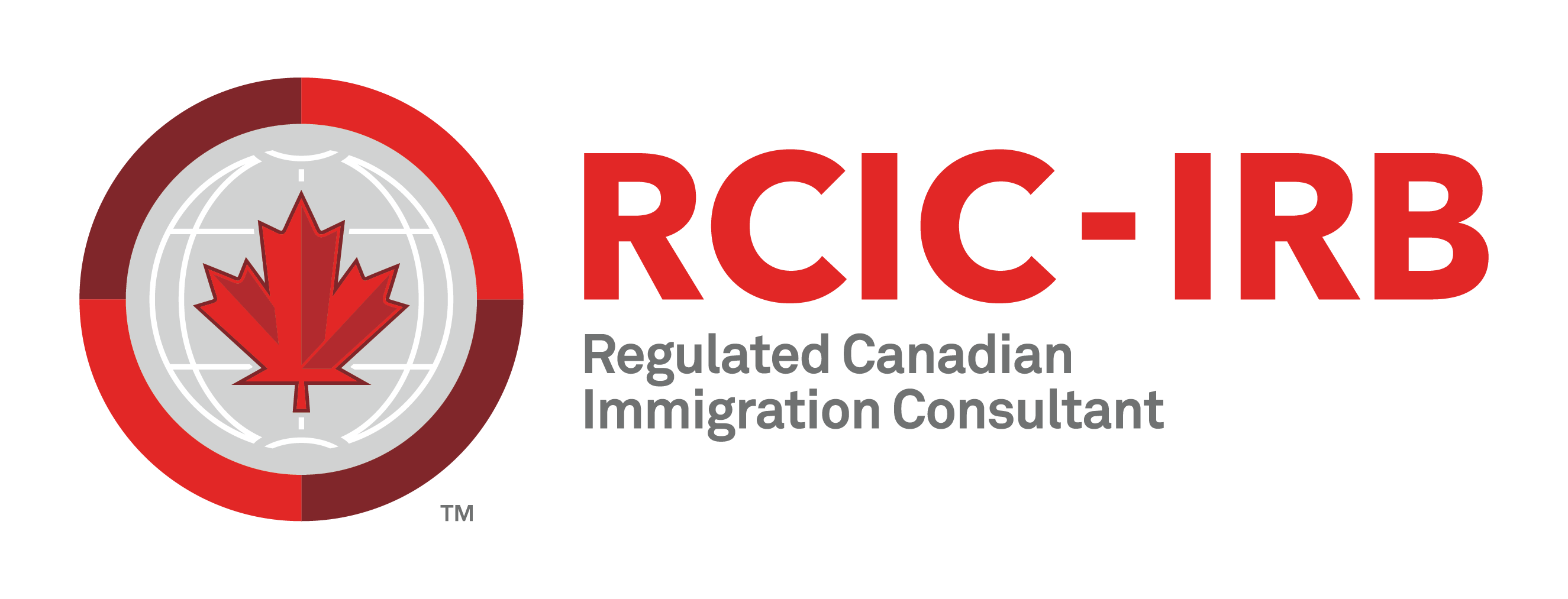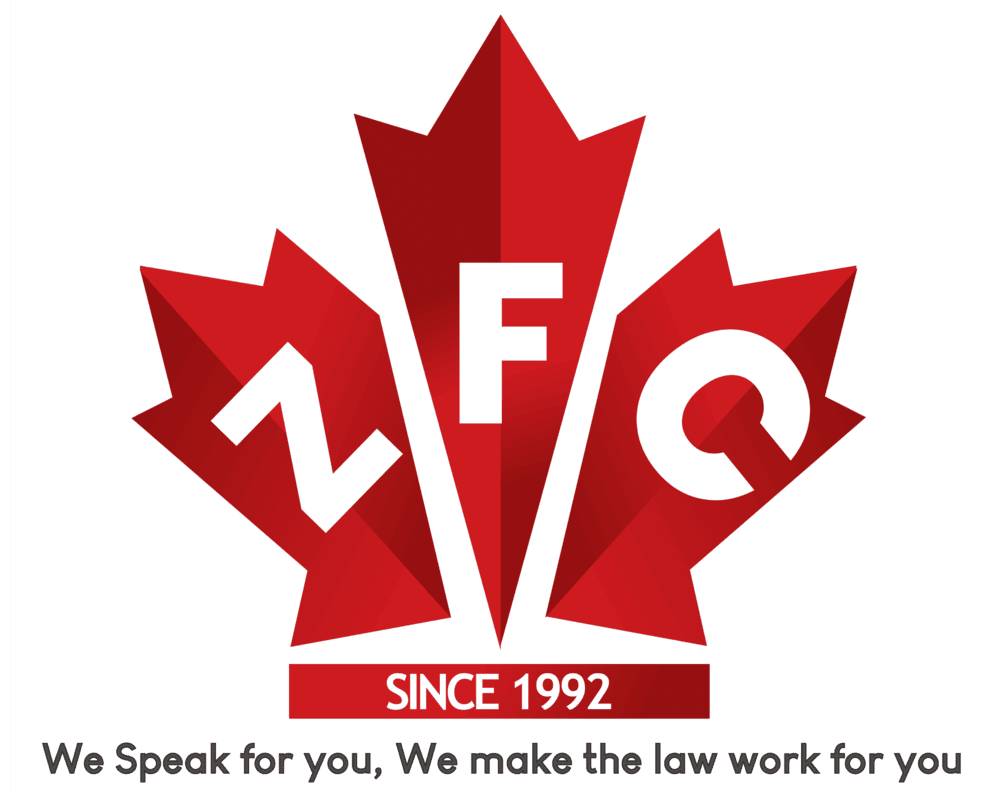Last Updated On 17 June 2025, 12:46 PM EDT (Toronto Time)
In an era where remote work is reshaping the global job market, Canada’s immigration system is adapting to these modern realities.
If you’re working remotely for a foreign employer while also working in Canada, you may be eligible to claim valuable Comprehensive Ranking System (CRS) points for foreign work experience.
Even more intriguing, you could potentially claim points for both Canadian and foreign work experience concurrently, provided you meet specific requirements.
Guidance from Immigration, Refugees, and Citizenship Canada (IRCC) has clarified these claims of work experience in Express Entry.
However, there is a catch and you need to understand in detail how it works.
This article dives deep into the nuances of this IRCC guidance, answering critical questions for skilled workers eyeing Canadian permanent residency.
We’ll explore how remote work impacts CRS points, the documentation needed, and strategies to maximize your Express Entry score.
Whether you’re a tech professional, a freelancer, or a dual-job holder, this guide is your roadmap to leveraging remote work for immigration success.
Table of Contents
What Is Express Entry and Why Do CRS Points Matter?
Canada’s Express Entry system is a points-based immigration pathway for skilled workers under three programs: the Federal Skilled Worker Program (FSWP), Federal Skilled Trades Program (FSTP), and Canadian Experience Class (CEC).
The Comprehensive Ranking System (CRS) assigns points based on factors like age, education, language proficiency, and work experience.
Higher CRS scores increase your chances of receiving an Invitation to Apply (ITA) for permanent residency.
Work experience, both Canadian and foreign, is a significant contributor to your CRS score.
The IRCC’s guidance clarifies how remote work performed in Canada for a foreign employer can count as foreign work experience, potentially unlocking additional CRS points under the skill transferability factors.
The IRCC guidance addresses a common scenario: a skilled worker in Canada, holding a valid work permit, is employed full-time in a skilled occupation (NOC TEER 0, 1, 2, or 3) while simultaneously working remotely for a foreign employer in another skilled role.
Here’s the key takeaway:
- Remote work for a foreign employer while residing in Canada may qualify as foreign work experience for CRS points, both for program eligibility and skill transferability factors.
- Applicants can claim CRS points for concurrent work experience—meaning two full-time jobs (one in Canada, one remote for a foreign employer) can both contribute to your score.
- However, your basic eligibility of 1 year of skilled work experience cannot be fast-tracked, as IRCC will not count more than 30 hours per week towards experience eligibility, even if you’re juggling multiple roles.
This flexibility is a potential game-changer for applicants, but it comes with caveats.
The IRCC emphasizes that assessments are case-by-case, and applicants must provide robust documentation to prove eligibility.
Yes, under certain conditions, you can claim CRS points for both Canadian and foreign work experience performed concurrently. Let’s break it down:
- Canadian Work Experience: If you’re working full-time in Canada in a skilled occupation with a valid work permit, this counts toward Canadian work experience. Depending on your qualifications, you may earn CRS core points (up to 80 points for three or more years of Canadian experience).
- Foreign Work Experience (Remote): If you’re simultaneously working remotely for a foreign employer in a skilled role, this may count as foreign work experience. You could earn skill transferability points (up to 50 points) if combined with strong language skills or Canadian education.
- Concurrent Employment: The IRCC allows you to claim both jobs, provided they meet the definition of full-time work (at least 30 hours per week per job) and are in skilled occupations. However, the system caps work experience points to avoid double-counting hours beyond 30 per week for selection criteria.
For example, imagine you’re a software developer in Toronto with a Canadian work permit.
You work 40 hours per week for a Canadian tech firm (NOC TEER 1) and 30 hours per week remotely for a U.S.-based startup in a similar role.
Both jobs could contribute to your CRS score:
- The Canadian job earns core CRS points for Canadian experience.
- The U.S. job earns skill transferability points for foreign experience.
However, you can only count up to 30 hours per week to meet the basic 1-year experience eligibility criteria of 1,560 hours (that is, no more than 30 hours per week).
Skill transferability points are a CRS category that rewards combinations of skills, making your profile more competitive.
You can earn up to 100 points across five combinations, with a maximum of 50 points for foreign work experience combinations.
Relevant to this guidance:
- Foreign Work Experience + Language Proficiency: Up to 50 points if you have three or more years of foreign work experience and high language scores (CLB 7 or higher).
- Foreign Work Experience + Canadian Work Experience: Up to 50 points if you have foreign work experience and at least one year of Canadian work experience.
If you’re working remotely for a foreign employer while in Canada, the foreign job could qualify for these combinations, boosting your CRS score significantly.
To claim remote work as foreign work experience, you must meet strict criteria and provide clear documentation.
Here’s what you need to know:
- Skilled Occupation: Both jobs (Canadian and foreign) must fall under NOC TEER categories 0, 1, 2, or 3. Examples include managers, professionals (e.g., engineers, accountants), and technical roles (e.g., IT specialists).
- Full-Time Work: Each job must involve at least 30 hours per week. Part-time work may count toward experience but won’t qualify for full-time CRS points.
- Valid Work Permit: You must be legally authorized to work in Canada, typically via an open or employer-specific work permit.
- Remote Work Arrangement: The foreign job must be performed remotely, with the employer based outside Canada. You must select the employer’s country/territory in the Express Entry profile, not Canada, even though you’re physically in Canada.
- Documentation: When invited to apply, submit detailed evidence of the remote work arrangement, including:
- Employment contracts or offer letters specifying remote work.
- Pay stubs, tax documents, or bank statements showing foreign employer payments.
- A letter from the employer confirming the job’s location, duties, and remote nature.
- Proof of your physical location in Canada (e.g., lease agreements, utility bills).
The IRCC warns that the Express Entry system doesn’t currently capture remote work specifics, so applicants must clarify the arrangement post-ITA.
Insufficient documentation could lead to a refusal, as the onus is on you to satisfy the immigration officer.
The IRCC’s guidance is not an official policy but a clarification by the immigration officers.
This means each application is evaluated individually, considering:
- The nature of the remote work arrangement.
- The employer’s location and business operations.
- The applicant’s ability to prove both jobs meet program requirements.
For instance, if your foreign employer has a Canadian subsidiary, the IRCC may scrutinize whether the job truly qualifies as foreign experience.
Similarly, if your remote work hours overlap significantly with your Canadian job, officers may question how you manage both roles effectively.
To mitigate risks, consult an immigration professional to ensure your documentation is airtight and aligns with IRCC expectations.
Let’s explore three hypothetical scenarios to illustrate how this guidance works:
Scenario 1: Dual Full-Time Worker
Profile: Maria, a marketing manager (NOC TEER 1), lives in Vancouver with an open work permit.
She works 35 hours per week for a Canadian agency and 30 hours remotely for a U.K.-based firm in a similar role.
Outcome: Maria can claim:
- Core CRS points for her Canadian experience (e.g., 70 points for two years).
- Skill transferability points for her U.K. job (e.g., 50 points for three years of foreign experience + CLB 9).
Documentation: Maria submits contracts, pay stubs, and a letter from the U.K. employer confirming remote work.
She selects “United Kingdom” as the employer’s country in her profile.
CRS Boost: Up to 120 points total for work experience factors.
Scenario 2: Part-Time Remote Work
Profile: Priya, a financial analyst (NOC TEER 1), works 40 hours for a Canadian bank and 20 hours remotely for an Indian firm.
Outcome: Priya’s Canadian job qualifies for core CRS points. Her Indian job may count as foreign experience but won’t qualify for full-time skill transferability points due to part-time hours.
She may still gain some CRS points for foreign experience.
Documentation: Priya submits evidence for both jobs, clearly distinguishing hours and duties.
CRS Boost: Limited to core points for Canadian experience (e.g., 80 points) plus partial foreign experience points.
To leverage this guidance effectively, consider these strategies:
- Optimize Language Scores: High CLB scores (9 or above) amplify skill transferability points for foreign work experience. Invest in language tests like IELTS or CELPIP.
- Document Meticulously: Start collecting evidence early, including employer letters, contracts, and payment records. Be transparent about your remote work setup.
- Consult Experts: Immigration lawyers or consultants can review your case to ensure compliance with IRCC requirements, especially for complex dual-employment scenarios.
- Monitor Draws: CRS cut-off scores fluctuate. A higher score (e.g., 500+) improves your ITA chances. Track recent draws on the IRCC website.
- Select the Right NOC Code: Ensure both jobs align with skilled NOC TEER categories. Misclassifying roles could jeopardize your application.
While the guidance offers opportunities, there are hurdles to navigate:
- Documentation Burden: Proving concurrent full-time jobs requires extensive paperwork. Missing or unclear documents could lead to delays or refusals.
- System Limitations: The Express Entry profile doesn’t explicitly capture remote work, requiring manual clarification post-ITA.
- Officer Discretion: Case-by-case assessments introduce uncertainty. An officer’s interpretation of your remote work could differ from the guidance.
- Tax and Legal Implications: Working for a foreign employer while in Canada may raise tax or labour law questions. Consult a tax professional to stay compliant.
The IRCC’s guidance on remote work opens new doors for Express Entry applicants.
By claiming both Canadian and foreign work experience, you could significantly boost your CRS score, edging closer to permanent residency.
However, success hinges on meticulous documentation and a clear understanding of IRCC requirements.
If you’re working remotely for a foreign employer while in Canada, act now.
Review your work arrangements, gather evidence, and consider professional advice to strengthen your application.
With strategic planning, your remote job could be the key to unlocking your Canadian dream.
FAQs: Your Questions Answered
Can I claim points for Express Entry if my remote job is part-time?
Part-time work may count toward foreign experience but won’t qualify for full-time skill transferability points. Full-time (30+ hours/week) is ideal.
What if my foreign employer has a Canadian office?
The job must be tied to the foreign entity. Provide clear evidence (e.g., contracts) showing the employer is based outside Canada.
How do I select the employer’s country in my profile?
Choose the country where the employer is headquartered or operates, not Canada, even if you’re working from Canada.
Is this Express Entry work experience guidance a guaranteed policy?
No, it’s IRCC guidance, not law. Assessments are case-by-case, so robust documentation is critical.
Can I claim Express Entry CRS points without a Canadian job?
Yes, remote work for a foreign employer can qualify as foreign experience for the federal skilled worker program if you meet the requirements.
You may also like: New Canada Child Benefit Payment to Be Sent on June 20
New GST Payment Increase In Canada Effective July 2025
New Canada CDB Payment Of Up To $200 Starting In July 2025
New TD Bank Fee Increase In Canada Effective July 2025











Leave A Comment
You must be <a href="https://zfcanada.com/wp-login.php?redirect_to=https%3A%2F%2Fzfcanada.com%2F2025%2F06%2F17%2Fincrease-express-entry-points-with-foreign-work-while-working-in-canada%2F">logged in</a> to post a comment.